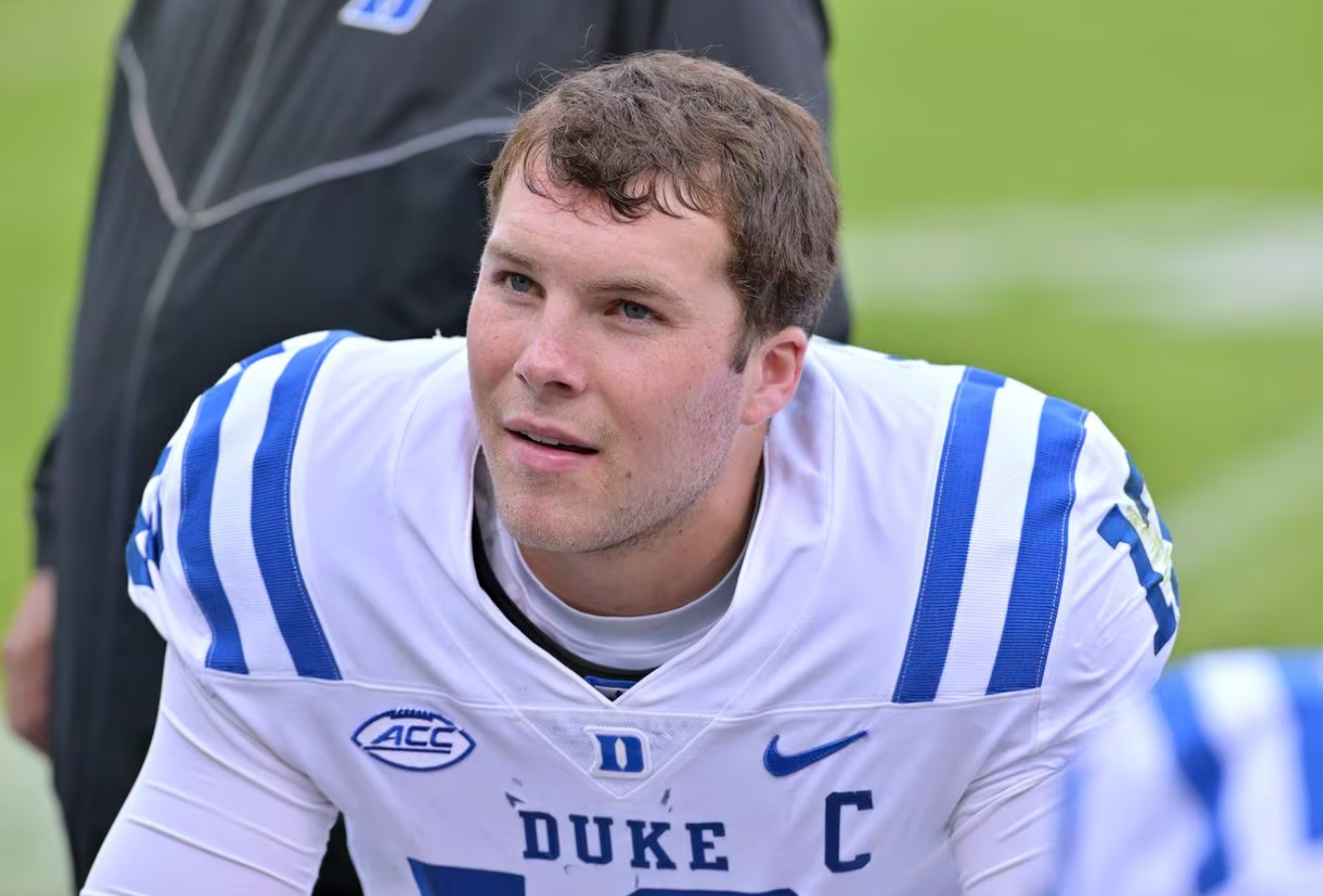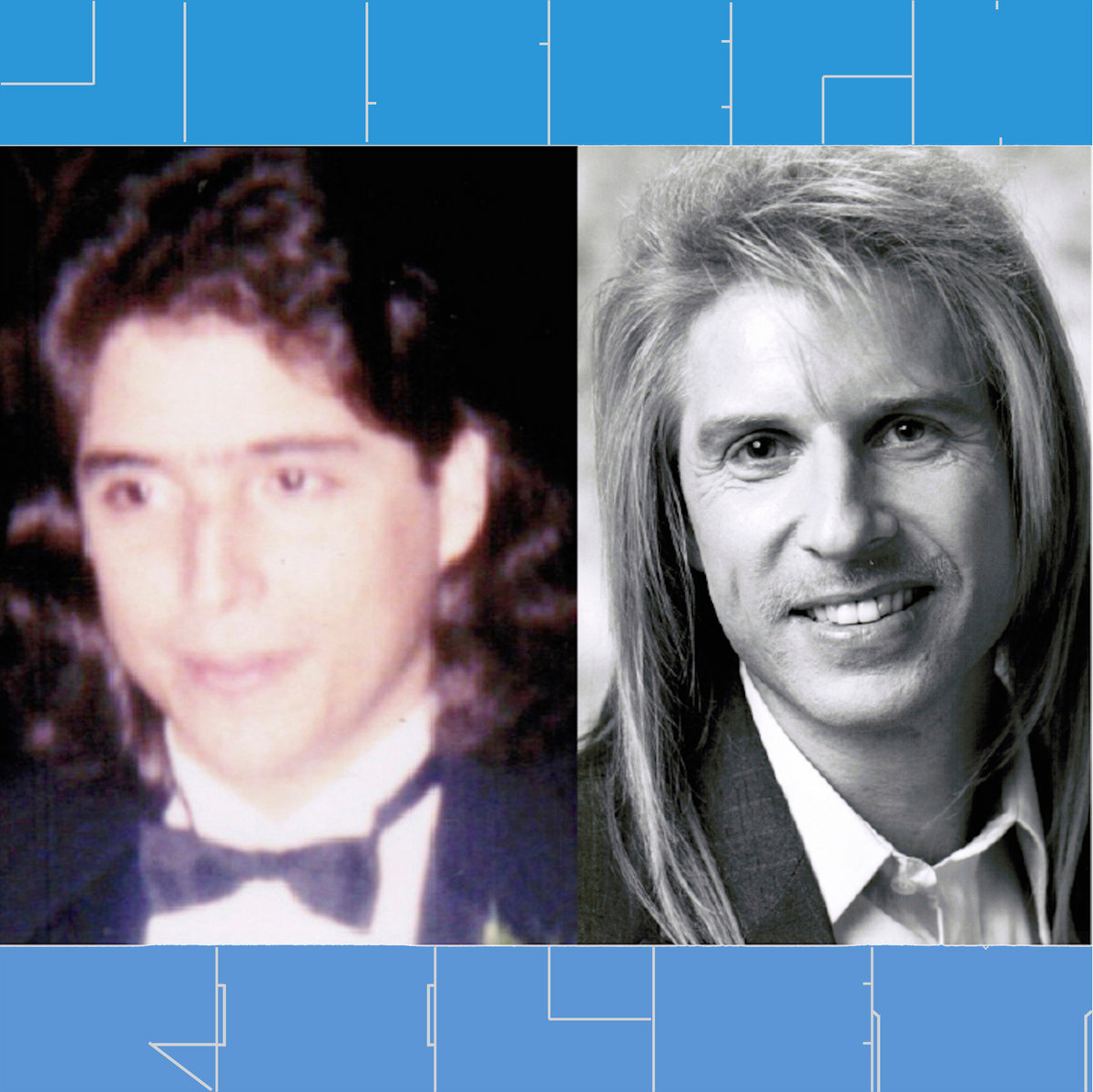Have you ever typed "don riley" into a search bar, perhaps wondering what sort of information it might bring up? It's really quite fascinating how a simple search can sometimes lead us down unexpected paths of discovery, revealing more than just a single name or a straightforward answer. You see, the word "don" itself carries a whole world of different meanings, and it's rather interesting to observe just how varied they are in everyday language and beyond.
As a matter of fact, what you might find when looking up "don riley" could actually be connected to several different ideas. These range from common, everyday actions we perform, to titles of deep respect, and even to memorable figures in stories and popular culture. It's a word that truly stretches its uses across many different situations, so it's not always just one thing.
This article is going to shine a bit of light on these diverse uses of "don," exploring what the word actually means in its various forms. We'll look at where its roots lie, and how people typically use it in English conversation today. We'll also touch upon how a search for "don riley" might connect to these broader meanings, giving you a much clearer picture, you know, of the whole situation.
- Paula Deen Dishes
- Plane Crash Charleston
- Moon And Star Diamond Necklace
- Jada Pinkett Smith Face Surgery
- The World Tarot Advice
Table of Contents
- Understanding "Don": More Than Just a Name
- Why "Don Riley" Searches Matter
- Common Questions About the Word "Don"
Understanding "Don": More Than Just a Name
When someone looks for "don riley," it's completely natural to expect information about a specific person. However, the details we have available don't actually provide a biography for a particular individual named "Don Riley." Instead, the focus is very much on the word "don" itself, and its many interesting interpretations. This word shows up in quite a few different ways, from actions we take to titles people hold, and even in fictional worlds, so it's a pretty versatile term.
"Don" as a Verb: Getting Dressed
One of the most straightforward uses of "don" is as a verb, and it simply means to put on an article of clothing or perhaps an ornament. It's a rather simple action, like when you slip into a jacket or put on a hat. For instance, a hunter will put on his camouflage clothes when he goes out into the woods, or someone might have put on long gloves for a costume party, so that's a good example.
This use of "don" is quite common, especially when talking about putting on something specific for a certain occasion or role. Imagine someone needing to wear a Santa suit to redeem himself, and he agrees to put it on, even wearing a little red bow on his head without looking too embarrassed. That's a classic example of "don" in action, you know, just putting on something.
- Did Wolfgang Van Halen Lose Weight
- Michael Craig Wood
- Libra Sun Libra Rising
- Dallas Bryce Howard Naked
- Kylie Jenner Vodka
It's about the act of assuming an item, making it part of your appearance for a time. Whether it's for warmth, style, or a particular activity, the verb "to don" describes that moment of putting something on. It’s a very descriptive word for that specific kind of action, so it's pretty useful.
"Don" as an Honorific: A Mark of Respect
Beyond simply putting on clothes, "don" also serves as an honorific prefix, which is a title of respect. This usage has deep roots, actually, coming from the Latin word "dominus," which meant "lord" or "owner." It's a way to show reverence or high regard for a man, typically placed before his given name, so it's a formal way of addressing someone.
This particular form of "don" is widely recognized in Spanish and Italian cultures. Similarly, in Portuguese, you find the term "dom," and in Romanian, it's "domn." These are all variations that carry the same sense of respect and importance, showing how this idea of "lord" or "owner" evolved into a polite address. It's really quite interesting to see these linguistic connections across different languages, you know, how they all tie together.
So, when you hear "Don" used in this way, it's not about wearing something; it's about acknowledging someone's status or position with a sense of honor. It's a traditional way of showing esteem, and it's something that has been part of language for a very long time, pretty much since Latin times.
"Don" in Storytelling: Characters and Franchises
The word "don" also takes on a life of its own in the world of stories and entertainment. For example, there's a well-known Indian media franchise centered on a character named Don, who is a fictional underworld boss. This character is often shown as a man who lives life on the edge, constantly trying to make his empire bigger while trying to avoid being caught or hurt by his many enemies, both inside and outside the law. It’s a very dramatic kind of role, obviously.
Moreover, "Don" also appears as the main character from "Jumbo," which shows how versatile the name can be across different types of narratives. In these contexts, "Don" is more than just a word; it's a name that embodies a certain type of personality or role within a story. It's a figure who often has a strong presence, someone who commands attention, and that's usually the point.
Sometimes, "don" can even mean to assume or take on a certain manner or feeling, like when someone "donned the air of the injured." This shows how the word can extend beyond physical actions to describe adopting a particular demeanor or attitude. It’s pretty much like putting on a performance, in a way, just like putting on clothes for a role.
"Don" in Real Life: A Glimpse at Donald Cheadle
While our main search term is "don riley," the information we have doesn't actually provide details about a specific person with that exact name. However, it does mention a real person whose name includes "Don," and that's Donald Frank Cheadle. He was born in Kansas City, Missouri, on November 29, 1964. His childhood involved moving from city to city with his family, which is a common experience for many people, you know, growing up.
This mention of Donald Cheadle helps us see how the name "Don" appears in actual names of individuals, rather than just as a verb or a title. It's a reminder that while "don" has these broader meanings, it's also a component of many real people's given names. So, while we don't have a biography for "Don Riley" specifically, we can see how "Don" plays a part in real people's lives.
It highlights the fact that names often carry their own stories, even if the specific "Don Riley" you might be looking for isn't detailed here. It's just one of those interesting connections you find when you look closely at words and names, so it's a good thing to keep in mind.
Why "Don Riley" Searches Matter
When someone types "don riley" into a search engine, they are clearly looking for something specific. It could be that they are trying to find information about a particular person named Don Riley, perhaps a public figure, an artist, or someone they know personally. At the end of the day, people search for names for all sorts of reasons, and it's a very common thing to do.
However, as we've seen, the information we have doesn't actually provide a detailed biography for a specific individual called "Don Riley." This means that while the search query is precise, the answer might involve understanding the various ways the word "don" is used. It’s possible that the person searching might actually be interested in the broader meanings of "don" without even realizing it, or perhaps they're looking for a specific "Don" that isn't detailed here.
It's important to recognize that search terms like "don riley" can sometimes lead to a wider exploration of related concepts. It's like pulling on one thread and finding a whole tapestry of meanings connected to it. So, while we can't offer a specific "Don Riley" biography from the provided text, we can certainly help shed light on the rich and varied interpretations of the word "don" itself, which is pretty much what this article aims to do.
Common Questions About the Word "Don"
People often have questions about common words, especially those with multiple meanings. The word "don" is definitely one of those, and it tends to spark curiosity about its origins and how it's used. Here are some of the most frequent questions people ask about the word "don," along with some clear answers, so you can get a better handle on it.
What Does the Word "Don" Mean?
The word "don" has a few primary meanings, and it really depends on the context. Basically, in its most common use, it means to put on an article of clothing or an ornament. Think of it like getting dressed for an event or putting on a uniform for work, that's a very straightforward meaning. For example, you might don a coat before going outside, or someone could don a special hat for a celebration, you know, just putting it on.
Beyond that, "Don" can also be an honorific title, particularly in Spanish and Italian. This usage comes from a Latin word meaning "lord" or "owner," and it's prefixed to a man's given name to show respect. So, it's a way of formally addressing someone, showing a certain level of deference, which is pretty common in those cultures.
And then, in stories, "Don" can refer to a fictional character, like an Indian underworld boss in a media franchise, or the main character from a story called "Jumbo." These characters often embody certain traits, like living life on the edge or constantly trying to expand their influence. So, it really has quite a range of meanings, doesn't it?
Where Did "Don" Come From?
The origins of the word "don" are actually quite interesting, especially for its use as an honorific. That particular meaning is derived from the Latin word "dominus," which meant "lord" or "owner." This ancient root explains why it became a title of respect used for men in various Romance languages. It shows how language evolves over time, you know, from one form to another.
For the verb "to don," meaning to put on, its origin in English is a bit more direct. It's actually a shortened form of "do on," where "do" meant to put or place, and "on" indicated the action of putting something onto oneself. So, it's a very old construction that simply got condensed over time into the single word "don," which is pretty neat when you think about it.
This
Related Resources:



Detail Author:
- Name : Lelia Kuhlman
- Username : jaiden.kiehn
- Email : enoch70@connelly.com
- Birthdate : 1997-11-03
- Address : 257 Forrest Plain Apt. 674 East Natalieland, UT 54016-6781
- Phone : 1-320-964-9144
- Company : Bernier, Leannon and Pfeffer
- Job : Transportation Inspector
- Bio : A earum nihil aut at facilis facere quas reiciendis. Ducimus provident iure eos earum adipisci. Quis nihil porro sed voluptatem rerum laborum adipisci.
Socials
facebook:
- url : https://facebook.com/hamill1983
- username : hamill1983
- bio : Est voluptatem perspiciatis vel ut earum ea.
- followers : 4356
- following : 1395
linkedin:
- url : https://linkedin.com/in/hamill2001
- username : hamill2001
- bio : Sed ipsa et sed ut perspiciatis distinctio hic.
- followers : 3036
- following : 70